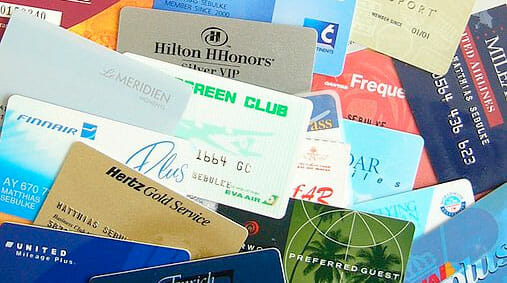
TravelingForMiles.com may receive commission from card issuers. Some or all of the card offers that appear on TravelingForMiles.com are from advertisers and may impact how and where card products appear on the site. TravelingForMiles.com does not include all card companies or all available card offers.
It’s not really a secret that I’m a big fan of airline miles – why wouldn’t I be? I’ve done my research on the subject, I know what I’m dealing with and they help me take some pretty amazing trips so what’s not to love? Not everybody feels the same way however (and that’s ok – life would be incredibly dull if everyone agreed on everything).
Christopher Elliott is a consumer advocate well known for advising against travel loyalty programs and, while I think his heart may be in the right place, sometimes his advice is just too simplistic to be good advice and sometimes I fear he doesn’t give the consumer enough credit.
In a recent mini-post in the travel section on the National Geographic website a reader asked:
“With all of the changes to airline frequent-flier programs, are miles still worth collecting?”
The reply from Christopher: “If you fly only a few times a year, you need to seriously question your loyalties“.
He then went on to quote another “frequent-flyer expert” saying “You are now better off focusing on price, convenience, and service and making point collection an afterthought.”
The first problem with all this advice is that it doesn’t actually answer the question that was put to him: “are miles still worth collecting?”
The second problem with the piece is that it treats consumers as simpletons by assuming that we are somehow unable to separate our miles/points earning needs from “price, convenience and service“. Based on how many people use comparison sites like Kayak I’d suggest this was an assumption too far.
So allow me to answer the question that was left unanswered:
Yes, airline loyalty programs are changing (this isn’t anything new, they’re always changing) but as long as you understand what the changes mean for you then yes, miles are still worth collecting.
Let me explain.
Firstly I’d like to think that if you’re reading this or any other blog on travel that you have enough about you to be able to separate the earning of miles/points from price – I love to collect American AAdvantage miles but that doesn’t mean that I’ll pay silly prices just to increase my miles balance.
My recent travel patterns have proved this quite well: I’ve been booking my trips around Europe on EasyJet (a local low-cost carrier), and accruing no miles at all, while refusing to pay considerably higher prices to fly on British Airways which would have boosted my American AAdvantage miles account quite nicely. (BA is a OneWorld partner with American Airlines which allows for the accrual of whichever airline’s miles you prefer regardless of which airline you actually fly).
Secondly, the idea that collecting miles and getting good deals on airfares are mutually exclusive is nonsense. You don’t have to pay over the odds to collect miles. Period. A big premise of Christopher’s post is that the consumer will pick one airline to fly and ignore all the other options at his/her disposal just to accrue points in that airline’s rewards program. But what’s wrong with belonging to more than one loyalty program?
The fact is that there isn’t a single frequent flier out there that is a member of just a single airline loyalty program, so why should the occasional flier be any different? What’s wrong with picking your flights based on “price, convenience and service” and then joining the loyalty program of the airline that meets your criteria (for that trip) and earning miles with them?
Some will try to argue that this policy would have consumers accruing miles in so many different schemes that they’d never build up a single balance of miles large enough to be able to redeem an award – but that argument wouldn’t pass the scrutiny of anyone who did their homework.
The fact is that not all airlines concentrate their fleets on the same cities/towns so the realistic options the consumer will have (when comparing their flight options from their home airport) will probably be narrowed down to no more than two to three airlines – and that’s not too many loyalty programs to keep track of.
Furthermore. flying is now only one of the ways consumers can earn miles. Online shopping portals, dining programs and credit cards (more on all of these in future posts) are all ways that consumers can increase their milage balances without necessarily changing their spending habits and without spending more than they would have done anyway.
Another argument you may hear is the one that says that miles expire and, if you only fly every now and again, your miles will expire before you have a chance to use them. That’s another over simplification of the facts.
Yes, some miles do expire if you have no activity in your account. American AAdvantage miles, US Dividend miles and United MilagePlus miles all expire after 18 months of inactivity but Delta’s SkyMiles and SouthWest’s Rapid Rewards don’t expire at all.
Extract from United’s MilagePlus T&C:
And, while it may seem that this should lead infrequent fliers to book on Delta or SouthWest it is now so easy to ensure that your miles don’t ever expire that the consumer can book on any of the airlines mentioned and keep their miles alive even if they never fly again. Yes, you read that right, you don’t have to fly to keep your airline miles from expiring. (For those unsure how this works, this will be the topic of an upcoming blog).
By all means put miles/points collecting way down on your list of priorities but that doesn’t mean you have to make it an afterthought (as the Nat. Geo piece would have us do). The cost of collecting miles should be something that’s priced into every traveller’s calculations – and most of the time the calculations are pretty straight forward:
If one airline is clearly significantly cheaper or more convenient than another then it’s unlikely that the value of any miles you’d gain by flying the more expensive/more inconvenient flights would make up the difference in cost. Likewise, when you find two airlines offering similar prices for the same routing and timings it’s pretty clear that you should go ahead and book with the airline that gives you miles in one of the loyalty programs you belong to. This isn’t rocket science!
It can’t be too much to assume that consumers can see the value difference between paying one price for a flight on airline A and considerably more for the same flight on airline B with the only difference being that airline B allows for the accrual of miles (in truth that’s unlikely to be the only difference but that’s a point for another time). Those who fail to understand this difference must surely be in the minority (and a small minority at that).
With that in mind, it’s time for consumer advocates to stop over simplifying the advice they’re giving their audience just to take care of this small minority. They’re giving poor advice to a very large group of people just to “protect” a very small group from what can only be described as an inability to help themselves. That just doesn’t seem right.
Miles earned in airline loyalty programs are a good thing for the vast majority of travellers (both frequent and occasional). If you take responsibility for understanding the programs you join and do even a little bit of research into the best ways of using your miles then they can be a source of very cheap trips that will take you to places that you may not otherwise have visited. So yes, they are worth collecting.

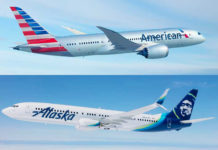

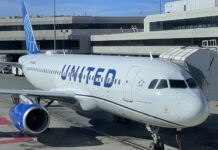




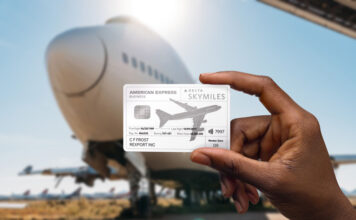

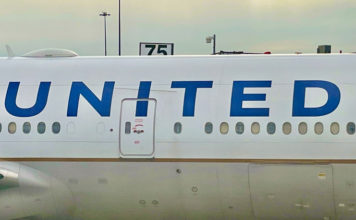


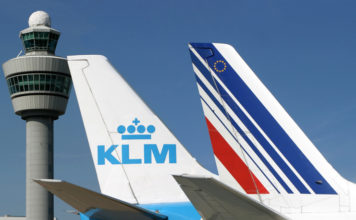
![Deal: Save up to 20% on Air France/KLM bookings [Targeted] a row of seats in a plane](https://travelingformiles.com/wp-content/uploads/2024/03/air-france-new-business-class-5-741-80x60.jpg)


